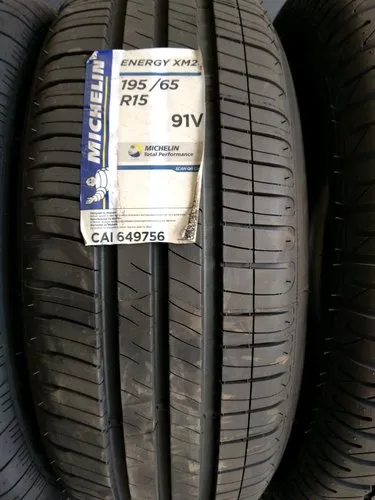Nearly two decades after its factory gates in Port Harcourt fell silent, French tyre manufacturer Michelin is charting a new course across Nigeria — one that trades production lines for partnerships and factories for forward-thinking innovation.
From Factory Floors to Boardroom Strategy
When Michelin left Nigeria in 2007, it seemed like the end of an era. Alongside Dunlop, the company had once dominated the country’s tyre scene, supplying much of the domestic demand. But economic instability, erratic policies, and an invasion of inexpensive Asian imports eroded that dominance. Within a few years, imported tyres had overwhelmed the market, and the local industry collapsed.
Now, Michelin’s comeback doesn’t involve machines or smokestacks — it’s about rebuilding trust and relevance in Africa’s largest economy. The company has quietly established a wholly owned office in Lagos, replacing intermediaries with its own local workforce to reconnect with Nigerian consumers and businesses.
“This time, we’re not just here to sell tyres,” said Amaury Vadon, Managing Director for Michelin’s Sub-Saharan operations. “We’re here to demonstrate value — through innovation, sustainability, and presence.”
Nigeria’s Road of Demand and Disruption
Nigeria’s tyre industry, now valued at over $820 million, is projected to cross the $1 billion mark by 2030, fuelled by its swelling vehicle population and expanding road infrastructure. Yet, most drivers still opt for budget tyres — about 80% of purchases — while millions rely on banned but accessible second-hand imports known as tokunbo.
These market realities expose both a challenge and an opening for Michelin: convincing drivers that durability, safety, and fuel efficiency justify premium pricing. To bridge that perception gap, the company plans a wave of consumer education initiatives in 2026, aimed at transforming how Nigerians view tyres — not as expendable rubber, but as a long-term investment in road safety.
Engineering the Future of Movement
At the core of Michelin’s strategy lies its obsession with research and innovation. The company invests roughly €1.2 billion annually into developing advanced tyre technologies — from electric vehicle compatibility to recyclable compounds. Its R&D network spans three continents and employs over 15,000 specialists, working on everything from eco-friendly production to data-driven mobility systems.
In 2025, Michelin intends to begin recycling trials in Nigeria, turning discarded tyres into reusable materials for industrial and consumer use. The initiative underscores its commitment to sustainability and aligns with its global “people, profit, planet” agenda.
A Country at the Heart of Michelin’s African Vision
For the French brand, Nigeria isn’t just another market — it’s the cornerstone of its West African strategy. With offices in Lagos and plans to extend operations into Abuja and Port Harcourt, Michelin is positioning the country as both a commercial hub and a talent incubator.
“We’re investing in Nigerian potential — engineers, marketers, and innovators who can lead Michelin into the future,” Vadon explained. “The goal is for our Nigerian team to eventually shape the company’s direction across Africa.”
Competing in a Price-Driven Market
Michelin’s main obstacle is perception. Decades of exposure to cheaper imports have conditioned local buyers to equate price with value. But the company is betting on Nigeria’s growing middle class and expanding corporate sectors — logistics, agriculture, and construction — to fuel demand for premium tyres designed for endurance and safety.
“Tyres may look the same,” Vadon admitted, “but performance, grip, and longevity are worlds apart. Once customers experience that difference, they rarely go back.”
The Road Ahead
As Nigeria pushes forward with new infrastructure projects and vehicle imports surge, Michelin’s return could mark a turning point — not just for its own brand, but for the country’s perception of quality in a global market flooded with cheap alternatives.
The company’s 2026 roadmap focuses on strengthening visibility, deepening its local footprint, and weaving sustainability into every step of its operations. Beyond tyres, Michelin aims to symbolize reliability — a brand that once left, but now returns to drive the nation’s mobility future.
“If success means seeing a Nigerian leading Michelin one day,” Vadon said, “then our journey home will have come full circle.”

